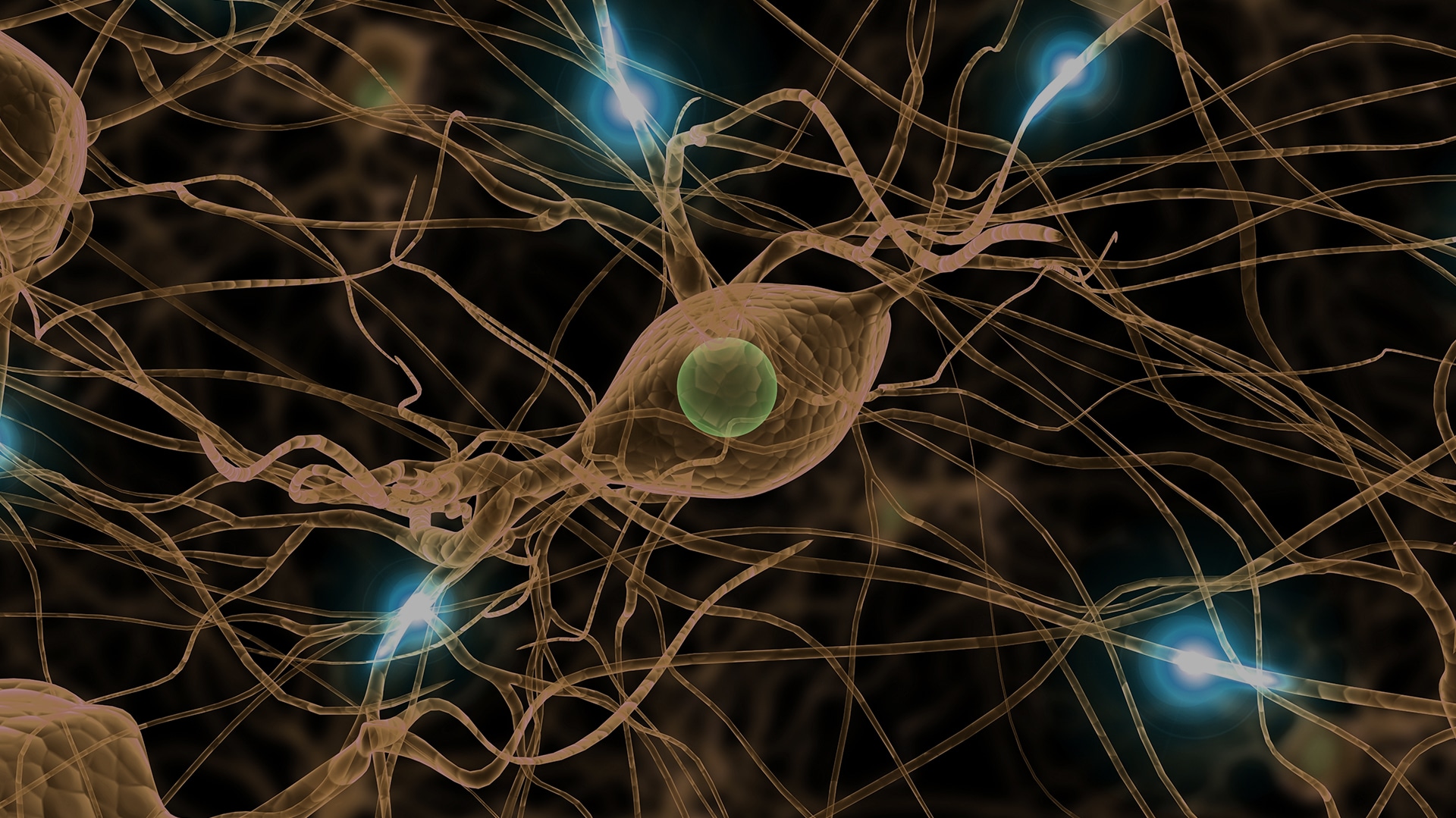Dr Jamie Johnston
University of Leeds, UK
Professor Jennifer Linden
University College London, UK
Professor Susan Deuchars
University of Leeds, UK

**Due to the planned strike action on the rail network and tube lines on 21 June, we have made the decision to move this conference online. The safety and wellbeing of all attendees including speakers is always our top priority, and we believe the significant disruption to travel would not create this type of experience for our attendees nor would we be able to guarantee a vibrant, face-to-face meeting.**
This conference is designed to help foster new connections and cross-pollinate ideas between researchers studying sensory systems in different modalities and at different levels from peripheral transduction to cortical integration.
This is a joint conference of The Physiological Society and the Sainsbury Wellcome Centre.
Professor Nikita Gamper, University of Leeds, UK
Dr Stuart Johnson, University of Sheffield, UK
Dr Michal Rivlin, Weizmann Institute, Israel
Dr Maarten Frans Zwart, University of St Andrews, UK
Dr Conny Kopp-Scheinpflug, LMU-Munich, Germany
Dr Liad Baruchin, University of Sussex, UK
Dr Pishan Chang, University College London, UK
Dr Maddalena Comini, University of Oxford, UK
Arianna Fozzato, University of Leeds, UK
Dr Antonio Jesús Hinojosa García, University of Sussex, UK
Dr Laura Jones, University College London, UK
Dr Varinder Lall, University of Leeds, UK
Dr Mohammed Rupawala, University College London, UK
Dr Kerry Walker, University of Oxford, UK
Professor Anthony Holtmaat, University of Geneva, Switzerland
Dr Petr Znamenskiy, Francis Crick Institute, UK
Professor Jennifer Linden, University College London, UK
Professor Miguel Maravall, University of Sussex, UK
Dr Karl Farrow, Neuro-Electronics Research Flanders, Belgium
Dr Marco Tripodi, MRC Laboratory of Molecular Biology, Cambridge, UK
Professor Jennifer Bizley, University College London, UK
Dr Debanjan Dasgupta, Francis Crick Institute, London, UK
Dr Shai Sabbah, The Hebrew University of Jerusalem, Israel
Professor Jonathan Ashmore, University College London, UK
Marilyn Clark, University of Leeds, UK
Hodan Ibrahim, University of Central Lancashire, UK
Dr Lauryn New, University of Leeds, UK
Nathan Pennington, University of Leeds, UK
Martin Weber, Bangor University, UK
Dr Kimberley Whitehead, University College London, UK
Natasha Williams, University of Birmingham, UK
Dr Kathleen E Cullen, Johns Hopkins University, USA
Professor David Schneider, New York University, USA
Professor Rasmus Petersen, University of Manchester, UK
Dr Sylvia Schroeder, University of Sussex, UK
Dr Jamie Johnston, University of Leeds, UK
Standard registration rate until 6 June 2022.
| Membership category | Early registration date until 30 April 2022 | Standard registration rate until 6 June 2022 |
|---|---|---|
| Undergraduate & Master’s member | £30.00 | £60.00 |
| Postgraduate member | £90.00 | £140.00 |
| Full member (concessionary) * | £90.00 | £140.00 |
| Full member | £150.00 | £200.00 |
| Fellow member |
£150.00 | £200.00 |
| Honorary Fellow | £30.00 | £60.00 |
| Retired member | £30.00 | £60.00 |
| Non-member | £250.00 | £300.00 |
| ECR Non-member * | £120.00 | £170.00 |
Please note, if you work at the Sainsbury Wellcome Centre or are a member of the British Neuroscience Association you are eligible to register at the Member rate. To register at this rate, please contact the events team at events@physoc.org.
*please email events@physoc.org for the appropriate discount code.
Before registering, please read our event terms and conditions.
In order to register as a member, you first need to log in with username and password. The system will default to the correct fee for your membership category.
Should you have any queries, please email events@physoc.org
Non-member registration
In order to register as a non-member you need to create a guest account. The non-member fee is the membership fee plus member registration rate. By joining as a member, you will benefit from reduced registration and other key member benefits including:
To find out more about membership with The Society, please click here or email membership@physoc.org
Abstract submission is now closed.
Abstracts can be submitted in one of the following categories:
It is important that the following are included:
Please find The Society’s guidelines for creating your abstract here.
The Society’s abstract management platform is Firebird Conferences Systems.
You will need to log in or sign up for an account to submit an abstract on the Firebird submission site. If you have submitted an abstract on the Firebird submission site before, such as for Future Physiology 2020 or 2021, you can log in using these details.
| Registration opens | 4 February 2022 |
| Abstract submission opens | 1 March 2022 |
| Abstract submission closes | 31 March 2022 |
| Abstract decisions issued | 22 April 2022 |
| Early registration deadline | 30 April 2022 |
| Registration deadline | 6 June 2022 |
| Meeting dates | 20 – 21 June 2022 |
The conference will take place at the Royal College of Physicians, London, UK.
Royal College of Physicians
11 St Andrews Place
Regent’s Park
London
NW1 4LE
The closest national and international train stations are:
Plan your journey on the National Rail website.
The closest underground stations are:
Plan your journey on the TFL website.
For further travel information, please visit the RCP website.
We do not have a specific conference hotel so that attendees are able to choose accommodation which meets their needs and budgets. There are a range of hotels close to the venue including the following hotels: